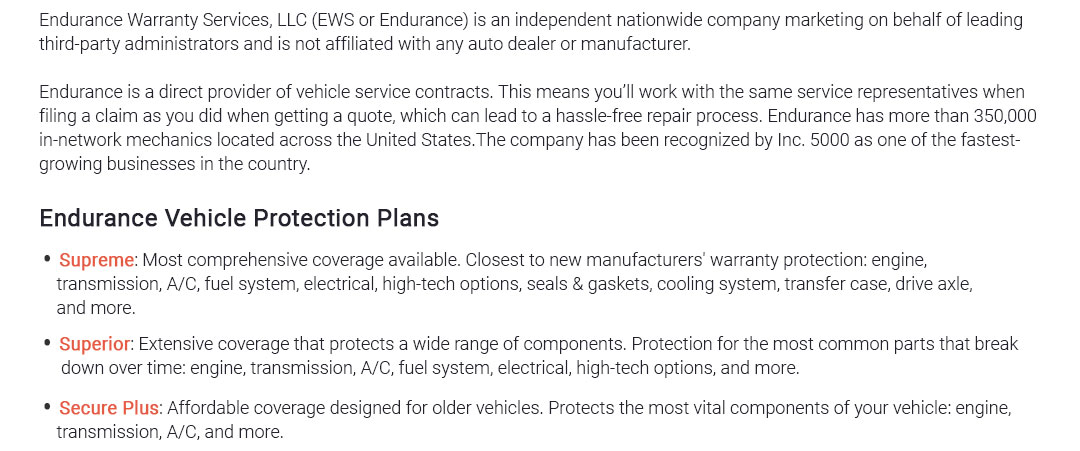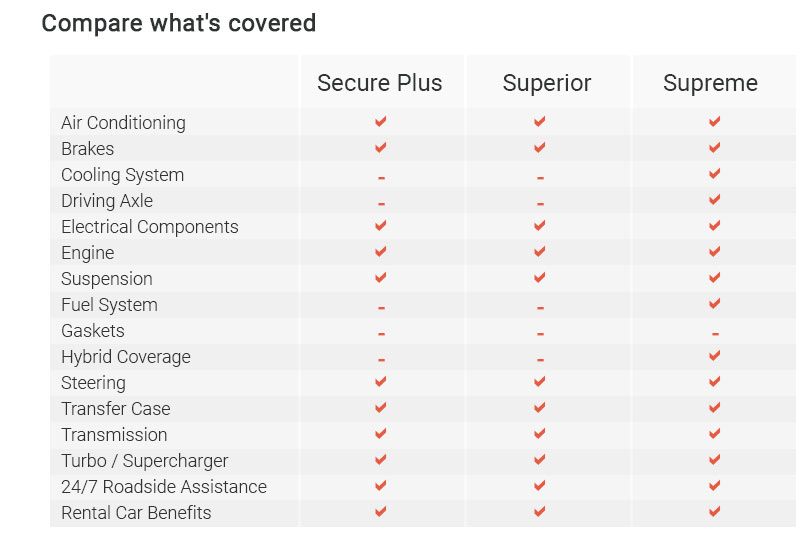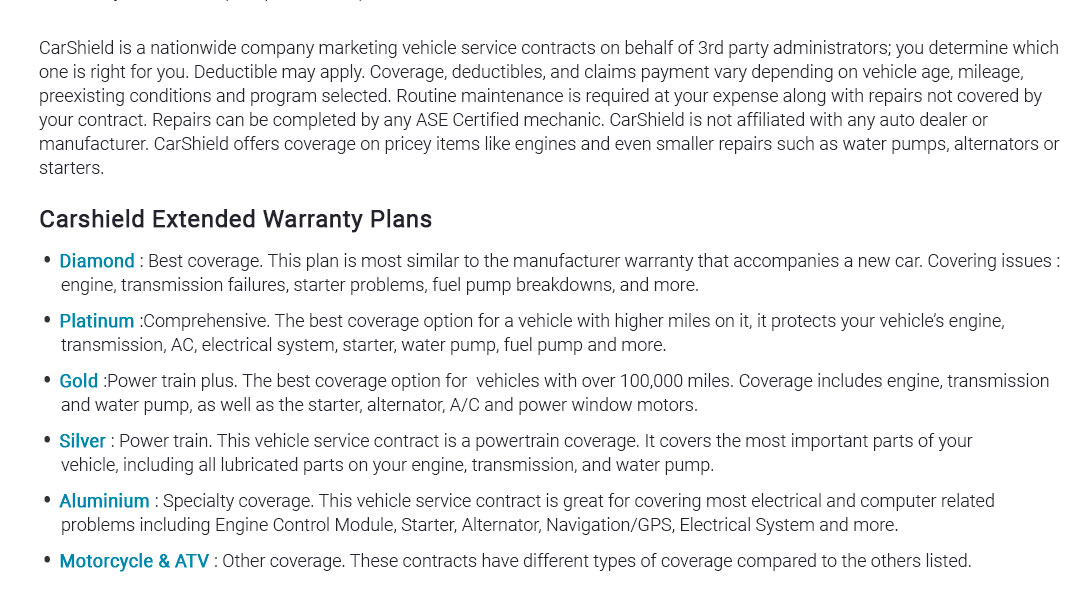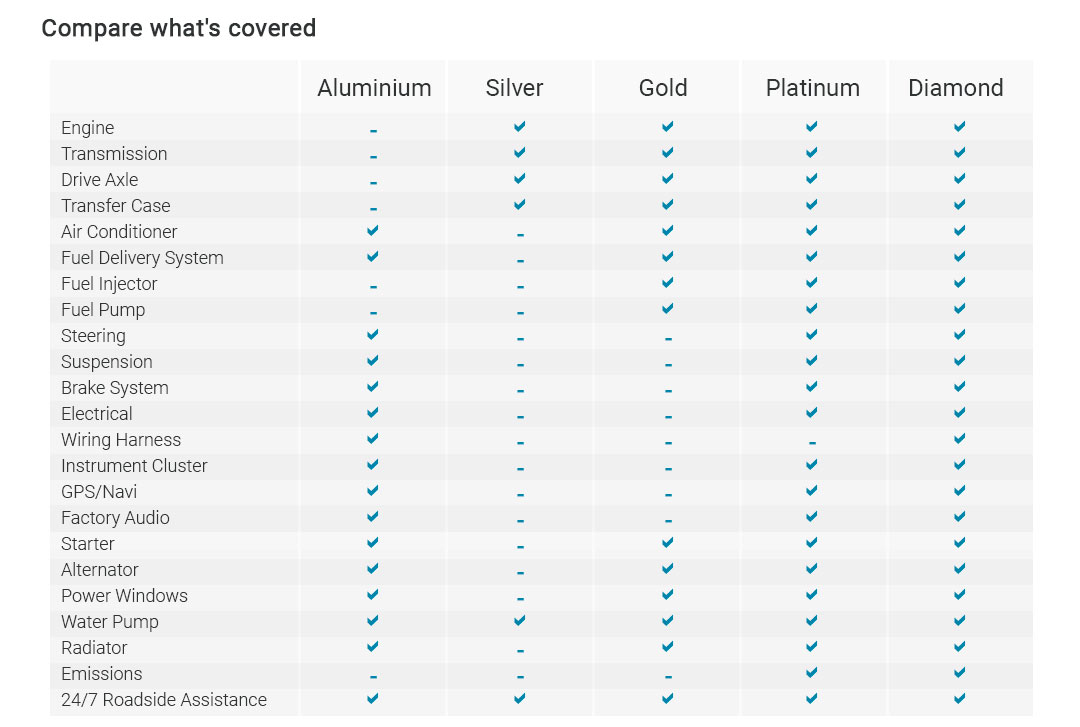auto repair warranty options that protect your budget
Breakdowns are disruptive, but a clear plan beats panic. An auto repair warranty can mean the shop's own parts-and-labor promise or a third-party service contract that covers future failures. Know which you have, what triggers it, and how to prove a claim.
What it covers - and what it doesn't
Coverage varies widely. Read terms, not headlines.
- Shop warranties: guarantee a specific repair, usually 12 - 24 months/12k - 24k miles.
- Service contracts: cover listed components; wear items and routine maintenance often excluded.
- Diagnostics and fluids may be limited; caps and deductibles apply.
- Pre-approval is common; skipping it risks denial.
How to use a warranty in the real world
On a rainy Friday, your alternator dies two towns over. You show the service writer your plan; they call the administrator, authorization arrives, you pay the deductible, and drive home dry.
- Stop further damage; document symptoms.
- Call the claims line before work begins.
- Choose an ASE-certified shop if allowed.
- Request written authorization and labor rate approval.
- Save the failed part and take photos.
- Get an itemized invoice; keep copies.
Prove and protect your eligibility
Proof wins claims. Maintain receipts, logs, and dates.
- Oil and coolant service records.
- Pre-purchase or inspection reports.
- OBD-II codes or technician notes.
- Recalls and TSB printouts, if relevant.
Flexibility to look for
- Repair facility choice and nationwide payment.
- Transferable coverage; prorated cancellation.
- Rental, roadside, and trip-interruption reimbursement.
- Per-visit or per-item deductible options.
Red flags
- Vague "bumper-to-bumper" language.
- Claims only by mailing parts.
- Mandatory additives or voided DIY maintenance.
- Out-of-state, one-way arbitration.
Cautious optimism is healthy: verify terms, keep records, and a solid warranty becomes a flexible tool - not a gamble.



































